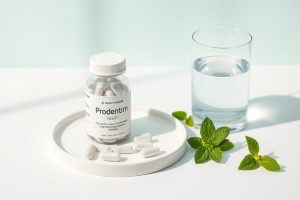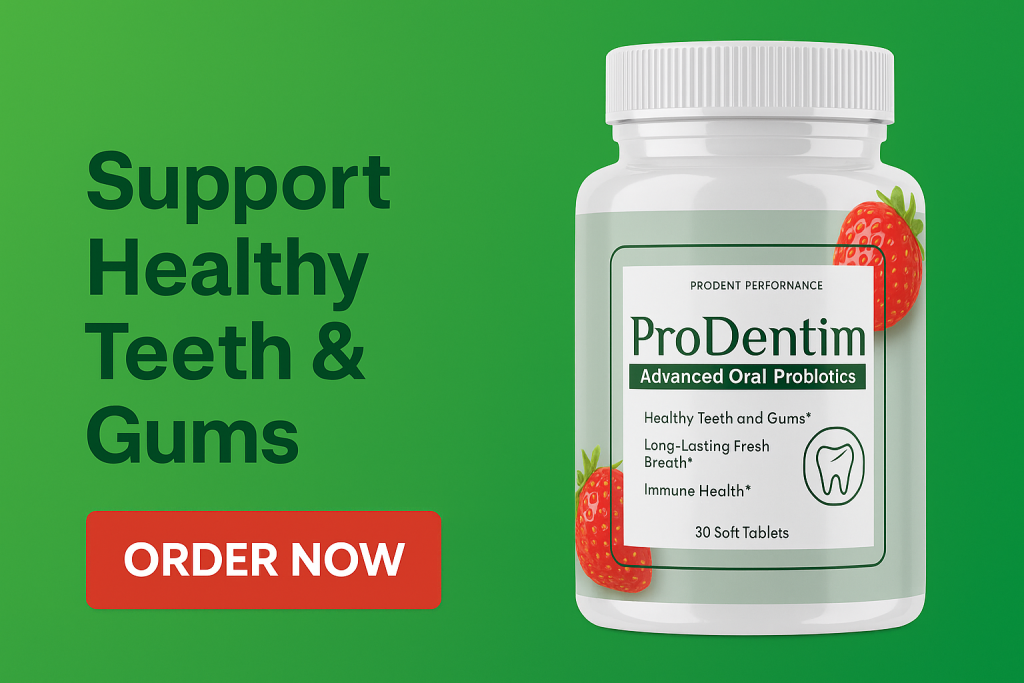ProDentim Probiotic Use in Children Under 12: Safety and Benefits Explored
Introduction: Understanding ProDentim and Children’s Oral Health
Probiotics are live microorganisms that, when consumed in adequate amounts, confer health benefits to the host. They are widely recognized for their role in supporting digestive health, but recent interest has grown around their potential to improve oral health as well. ProDentim probiotics for children under 12 have garnered attention as a natural approach to maintaining healthy teeth and gums, alongside promoting overall immune function.
As parents and caregivers seek safe and effective ways to support children’s health, understanding the safety, efficacy, and proper usage of probiotics like ProDentim becomes essential. This article aims to evaluate these aspects to help inform responsible decisions regarding probiotic use in young children.
Are ProDentim Probiotics Safe for Children Under 12? Key Safety Considerations
Scientific research indicates that probiotics are generally safe for most pediatric populations when used appropriately. Pediatric probiotic safety depends on factors such as strain selection, dosage, and individual health status. In children, probiotics can sometimes cause mild side effects like gas or bloating, but serious adverse reactions are rare.
Monitoring children for any unusual symptoms after starting probiotics is advisable. Parents should pay attention to signs such as allergic reactions, gastrointestinal discomfort, or changes in behavior. It is also important to review ingredient profiles for potential allergens or sensitivities, especially in children with known allergies or asthma.
Regulatory oversight varies by country, and healthcare provider recommendations should always be prioritized. Consulting a pediatrician before introducing probiotics ensures that the chosen product aligns with the child’s health needs and circumstances.
Efficacy of ProDentim Probiotics for Children’s Oral and Immune Health
Probiotics may support the oral microbiome balance in children by competing with harmful bacteria that cause cavities and gum disease. Some research suggests that specific probiotic strains can reduce plaque formation and improve overall oral hygiene in kids.
Beyond oral health, probiotics have been associated with enhanced immunity and better digestion, which are crucial for growing children. They may help reduce the incidence of common infections and support nutrient absorption.
However, it is important to recognize that current studies are limited in scope and size. More comprehensive research is needed to definitively establish the benefits of probiotics like ProDentim for children’s oral and immune health, but preliminary findings are promising.
Appropriate Dosage and Usage Guidelines for ProDentim in Children Under 12
Determining the correct probiotic dosage for children depends on age, weight, and individual health factors. Typically, pediatric doses are lower than adult recommendations, but specific guidance should come from healthcare providers.
Parents should consult with a pediatrician before introducing any probiotic supplement. Proper administration—such as giving the probiotic at the same time each day and ensuring the child swallows it properly—can improve adherence and effectiveness.
Safety precautions include avoiding probiotics in children with compromised immune systems or those with severe health conditions unless advised by a healthcare professional. Monitoring for adverse effects during initial use is also recommended.
Are ProDentim Probiotics Suitable for Children with Specific Health Needs?
Children with allergies, asthma, or immune deficiencies require careful consideration before using probiotics. Certain strains may trigger allergic reactions or interact with medications. Therefore, it is crucial to seek personalized healthcare advice before starting any probiotic regimen.
In some cases, probiotics may be contraindicated, especially if the child has a compromised immune system or is undergoing medical treatments. Healthcare providers can assess individual risks and determine whether probiotics are appropriate for children with specific health needs.
Practical Tips for Parents Considering ProDentim for Their Child’s Oral Health
Parents should look for signs of improved oral health, such as fresher breath, reduced plaque, or healthier gums, after consistent probiotic use. Combining probiotics with good oral hygiene practices—like regular brushing, flossing, and dental check-ups—maximizes benefits.
Choosing reputable probiotic products is essential. Verify ingredients, strain specificity, and manufacturing standards to ensure safety and efficacy. For example, considering products like ProDentim, a natural solution for safer effective tooth care, can provide added confidence in quality.
Final Thoughts: Making Informed Decisions on ProDentim Use in Children
In summary, while probiotics like ProDentim show potential benefits for children’s oral and immune health, safety and proper usage are paramount. Consulting with healthcare professionals ensures that probiotic use aligns with the child’s individual health profile and needs.
As research continues to evolve, probiotics may become a more integral part of pediatric health strategies. Until then, informed and cautious use remains the best approach to harnessing their potential benefits for children under 12.




